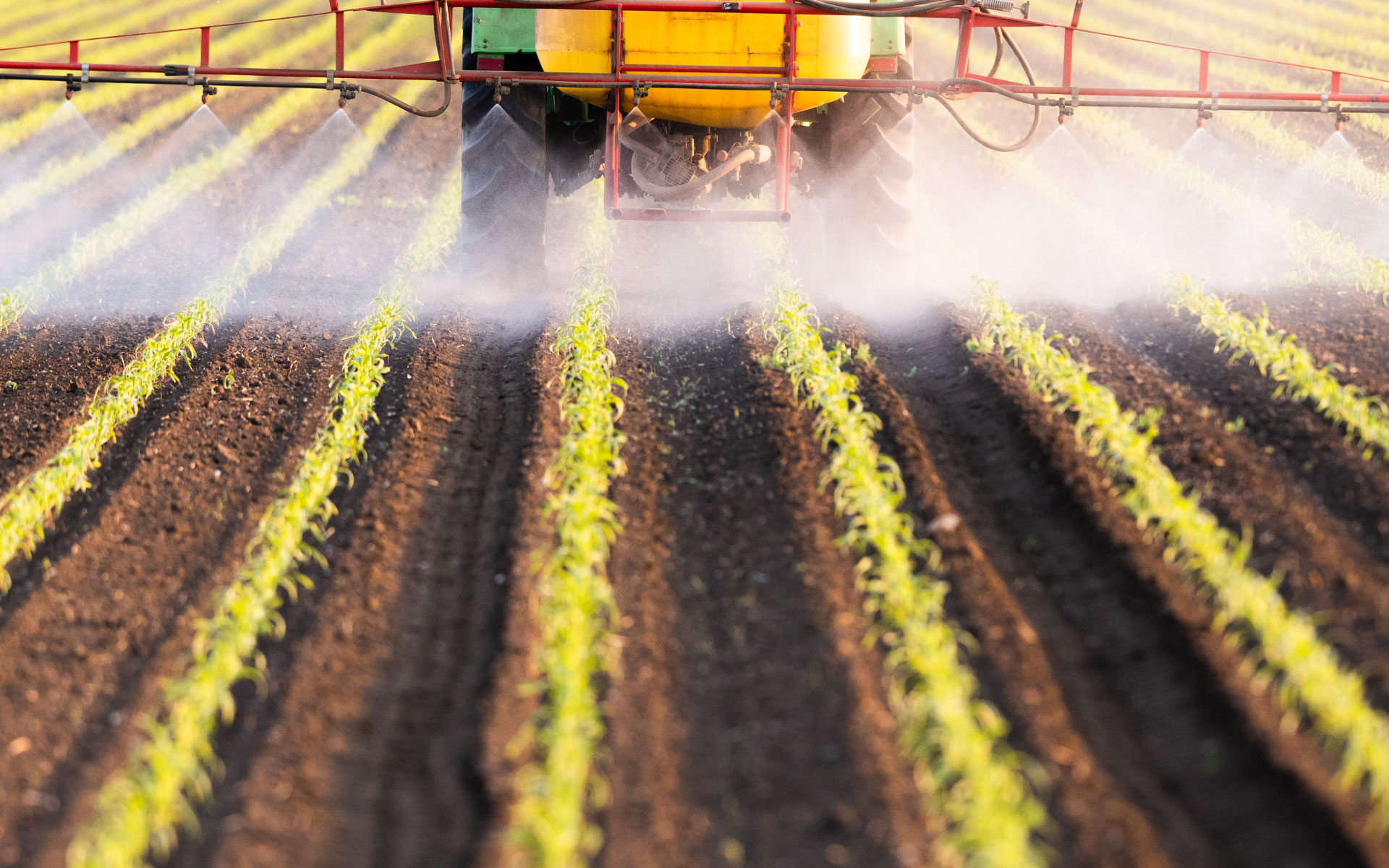In the last 50 years alone, an estimated 5 million new chemicals have been created, 75,000 of which are in daily use and under 10% have been toxicity tested.
Somewhat independent of people’s choices, the things which in the past have been normally considered healthy, or at least neutral, are now becoming significant sources of toxins for people.
–Dr. Joseph Pizzorno
Pesticides: What They Are and Why They Matter
Pesticides are essentially poisons designed to kill living organisms. They include herbicides, insecticides and fungicides. In large-scale agriculture, spraying pesticides is often seen as a quicker and more cost-effective way to protect yields and ensure a successful harvest. However, some fruits and vegetables are more vulnerable to pests, leading to heavier pesticide use on certain types of produce.
Unfortunately, this widespread use significantly increases the likelihood that chemical residues will contaminate the food we eat and, ultimately, enter our bodies. Even when we choose foods we consider ‘healthy’ or ‘nutritious,’ we may unknowingly be consuming harmful toxins.
Health Risks of Long-Term Pesticide Exposure
Scientific studies have repeatedly linked long-term pesticide exposure to:
- Hormonal disruption
- Neurological issues
- Reproductive problems
- Increased cancer risk
These risks vary depending on the type of pesticide involved.
Examples are:
DIFENOCONAZOLE: This fungicide is used to combat issues like blight and seed rot. Difenoconazole appears as a residue on many of the items in the UK Dirty Dozen list. It belongs to the ‘azole’ class of fungicides, which may interfere with hormonal balance. It is classified as a possible human carcinogen and reproductive or developmental toxin.
GLYCOPHOSPATE: This pesticide has been widely used for many years and is linked to in particular neurological dysfunction, also liver inflammation and metabolic disorder in early adulthood, which could lead to liver and other cancers, diabetes, respiratory/lung issues and cardiovascular disease later in life.
On Friday 6 October 2017 the European Commission officially received the submission of the European Citizens’ Initiative (ECI) – ‘Stop Glyphosate’ European Citizens’ Initiative, “to propose to Member States a ban on glyphosate, to reform the pesticide approval procedure, and to set EU-wide mandatory reduction targets for pesticide use”. The European Commission met with the organisers on 23 October 2017 but a ban has been pushed for 2033. Therefore it is still in our soil, foods and caution should be taken.
Further reading: https://pmc.ncbi.nlm.nih.gov/articles/PMC11445186/
Front Toxicol. 2024 Sep 18;6:1474792. doi: 10.3389/ftox.2024.1474792
Overview of human health effects related to glyphosate exposure
